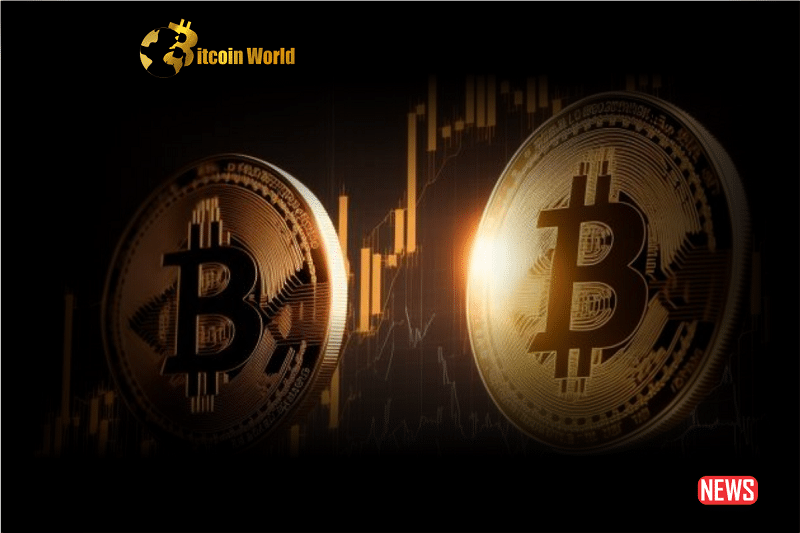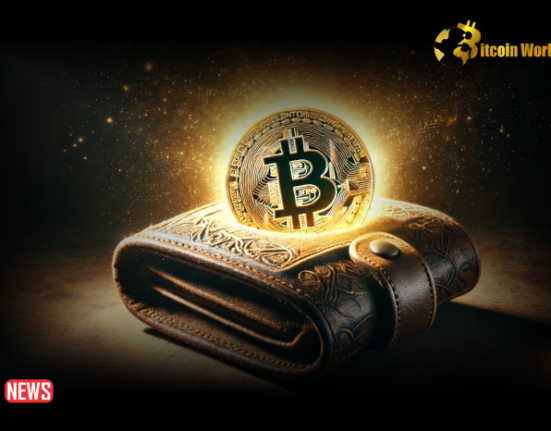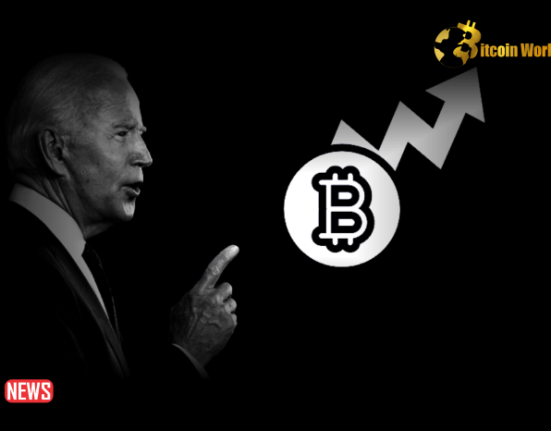Bitcoin has sparked various disputes, mostly on its perceived lack of value. At first glance, Bitcoin may appear to be a financial riddle. It is not tied to a powerful government or bank, does not represent a portion of a corporation, and is not backed by actual assets such as gold or real estate.
So, what’s all the commotion about Bitcoin? Why is its valuation soaring, often approaching that of top-tier companies?
Understanding Value Using Traditional Terminology
Let’s get into the specifics of value. Historically, items of value served two functions: transactional value and tangible utility. Salt, which was previously a commercial commodity, may be used to season meals. Gold, which is still a symbol of riches, has industrial applications. This is referred to as ‘intrinsic value.’
Then there’s fiat currency, such as the US dollar. It has no intrinsic worth because it can only be used as money.
A related idea, ‘basic value,’ delves into the future benefits that an item may give. Real estate, for example, has fundamental worth because of its potential for returns, whereas gold, which does not generate future cash flows, does not.
Position of Bitcoin on the Value Spectrum
According to these definitions, Bitcoin has no intrinsic or basic value. It’s a digital construct intended primarily as a form of currency. However, it is precisely because Bitcoin is so simple that it is so valuable. When all superfluous characteristics of money are removed, the primary function it provides is that of a trustworthy transaction medium.
People prefer the US dollar to the Argentine peso because they believe it is a greater store of value and is more universally accepted. Similarly, Bitcoin supporters believe in its future as a medium of exchange.
Bitcoin’s Distinctive Advantages
Bitcoin’s incredible price growth says something about its perceived value. This is why:
Decentralization: It functions independently of government supervision.
Accessibility: Anyone with internet access can use it, with no middlemen.
Unlike fiat currencies, its supply is limited, maintaining its value.
Divisibility: The’sat,’ Bitcoin’s smallest unit, enables for even minute transactions.
Because of its validation method, counterfeiting Bitcoin is nearly impossible.
The Global Utility of Bitcoin
Although Bitcoin is largely viewed as an investment in the United States, it is a lifeline in developing countries. Because of the country’s unpredictable economic realities, Bitcoin is a better bet than local currencies. With inflation rates in nations like the United States expected to reach 8.6% by June 2021, many people consider Bitcoin as a hedge against economic swings.
Bitcoin’s Future
While Bitcoin defies traditional value standards, its value as future money is apparent. Bitcoin promises a financial ecosystem where value isn’t just about real goods but also about trust, access, and adaptability by providing security, divisibility, and decentralized control. Bitcoin isn’t only about speculative investments as it steadily sweeps the global economy; it’s also a monument to our shifting notion of worth.














